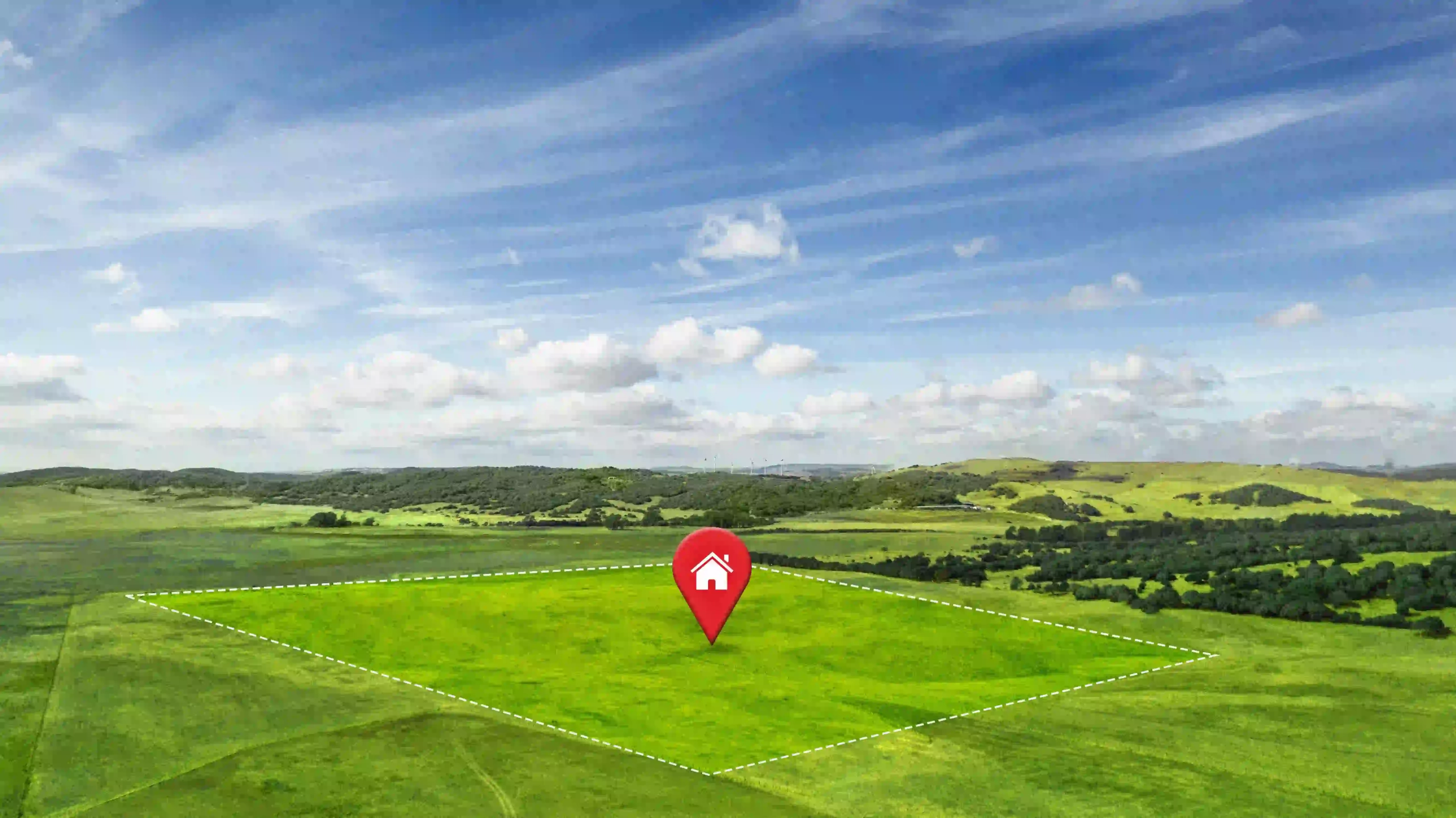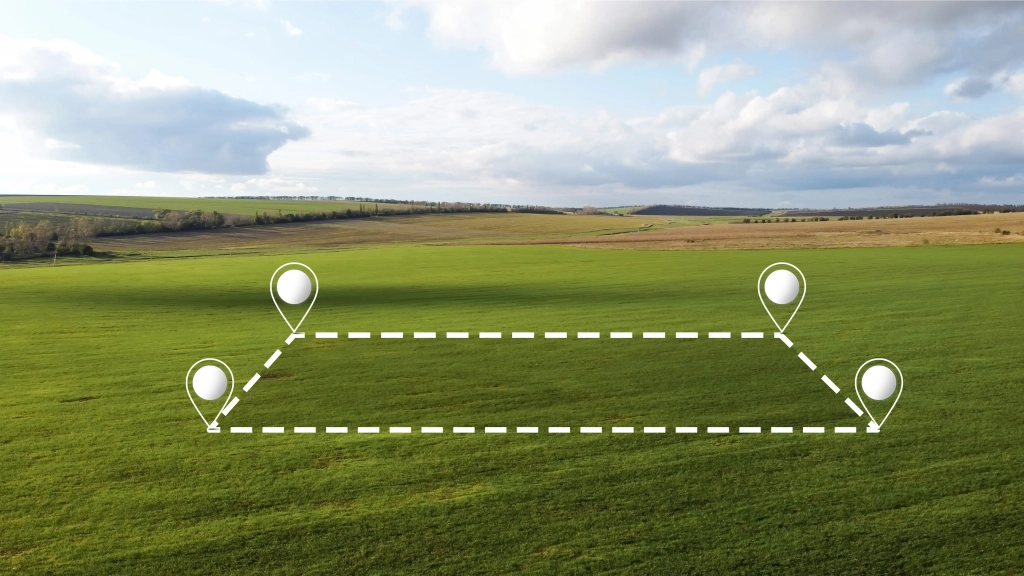Land Banking in the Philippines for Long-Term Investment

The Philippines is becoming a hotspot for savvy investors eyeing long-term gains. Land banking, the art of acquiring undeveloped land with potential for future development, has been a goldmine for many. But what’s the fuss about? And how can you strategically invest in land banking in the Philippines?
RELATED: 7 Golden Tips: A Comprehensive Guide to Philippine Real Estate for Expats
What Exactly is Land Banking?
Land banking refers to the practice of purchasing parcels of land with the intent to hold onto them until they appreciate in value. This appreciation typically results from developments in or around the area, increased demand, or changes in zoning regulations. It’s akin to the stock market principle of buying low and selling high, only that it’s applied to land, a tangible and finite resource.

Land Banking in the Philippines: Strategies for Long-Term Investment
Land banking isn’t merely about buying any piece of land that catches your eye; it’s about foresight, strategy, and patience. The key is to buy a property in a location that will likely be appreciated due to upcoming infrastructural developments, urbanization, or other significant shifts.
A Historical Overview
Understanding the trends and shifts in the Philippines’ real estate landscape is essential. Over the years, certain patterns have become clear. Major cities like Manila and Cebu were once deemed ‘fully developed’, but now new growth corridors are emerging, providing ample opportunities for land banking.
Why Land Banking? The Benefits Outweigh the Risks
Appreciation over Time: Undeveloped lands, when chosen strategically, can appreciate significantly.
Low Maintenance: Unlike developed properties, there are fewer costs involved in maintaining raw land.
Flexibility: You have the choice to develop, resell, or lease as the market demands.

Identifying Prime Locations
Researching and spotting up-and-coming areas is crucial. With government initiatives like the “Build, Build, Build” program, many regions are poised for major infrastructural development. But don’t just follow the crowd. It’s essential to think ahead and maybe even take a few calculated risks.
Diversification is Key
Don’t put all your eggs in one basket! The best strategy involves diversifying your investments across different regions and types of land. This approach minimizes risk and increases potential gains.
Legal Considerations
Before jumping headfirst, be sure you’re familiar with the Philippines’ land ownership laws, especially if you’re a foreign investor. It’s wise to consult with local legal experts to ensure a smooth transaction.

The Role of Brokers and Agents
Finding the right property can be overwhelming. This is where brokers and agents come into play. Their in-depth knowledge and connections can help you secure the best deals.
Financing Your Land Banking Ventures
From personal savings to bank loans, there are numerous financing options available. Evaluate what works best for your investment strategy and financial health.
The Long-Term Perspective
Patience is at the core of land banking. It’s not a get-rich-quick scheme, but rather a long-term strategy. The appreciation of land value can take years or even decades, but the returns, when they do materialize, can be substantial. In essence, it’s letting time do the hard work for you.
The Environmental and Socio-economic Angle
Responsible land banking also considers environmental sustainability and socio-economic impact. By banking on areas projected for sustainable development, investors not only ensure returns but also contribute positively to community growth and environmental conservation.
Entry Barriers and Considerations
Land banking in the Philippines requires substantial initial capital, especially if targeting prime areas. Moreover, investors must be vigilant about land titles, tenancy issues, and zoning regulations. It’s advisable to collaborate with legal experts familiar with Philippine real estate laws.
External Factors to Consider
Be aware of external factors that could influence land prices, such as political shifts, natural disasters, or significant global events.
Challenges in Land Banking
Like any investment, land banking has its challenges. From land disputes to changing zoning laws, be prepared to navigate through potential hurdles.
Land banking in the Philippines offers a promising avenue for those with vision, patience, and a knack for spotting growth opportunities. As urbanization sweeps the nation, and with major infrastructural developments on the horizon, the potential for substantial returns on investment has never been better. Dive in, do your research, and let the land’s intrinsic value work for you.
Land banking, when approached with prudence and foresight, can be a transformative investment strategy in the Philippines. As urban landscapes shift and economies grow, the land will remain an invaluable asset, making banking on it a wise financial move. Whether you’re a seasoned real estate mogul or a budding investor, the prospects of land banking in the Philippines are certainly worth exploring.
FAQs
What is land banking?
Land banking involves buying raw, undeveloped land as an investment, anticipating future growth and development to increase its value.
How does the “Build, Build, Build” program affect land banking opportunities?
The program aims to bolster infrastructure across the Philippines, making certain areas more lucrative for land banking as developments approach.
Is it safe for foreigners to invest in Philippine land?
Foreigners cannot directly own land, but there are legal structures, like setting up a corporation, that allow for indirect ownership.
How can I ensure the land I’m purchasing is dispute-free?
It’s essential to conduct due diligence, verify land titles, and work with reputable agents.
Can I develop the land I purchase?
Yes, depending on the type of title and zoning regulations in place. Some lands are preserved for agricultural purposes, while others can be developed commercially.
Are there taxes involved in land banking?
Yes, like any property purchase, there are taxes and fees involved, including transfer taxes and annual property taxes.
Read more here: AllProperties Latest Blogs




